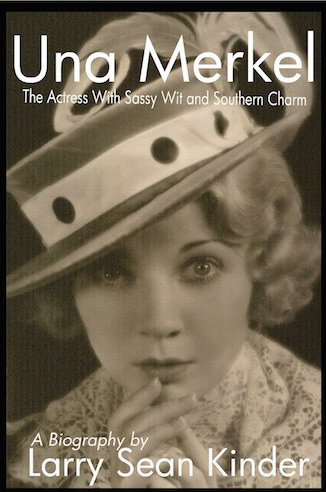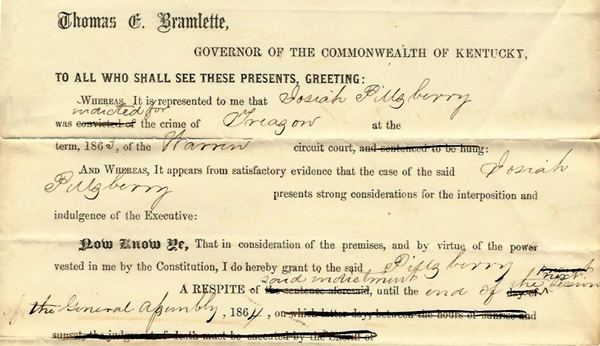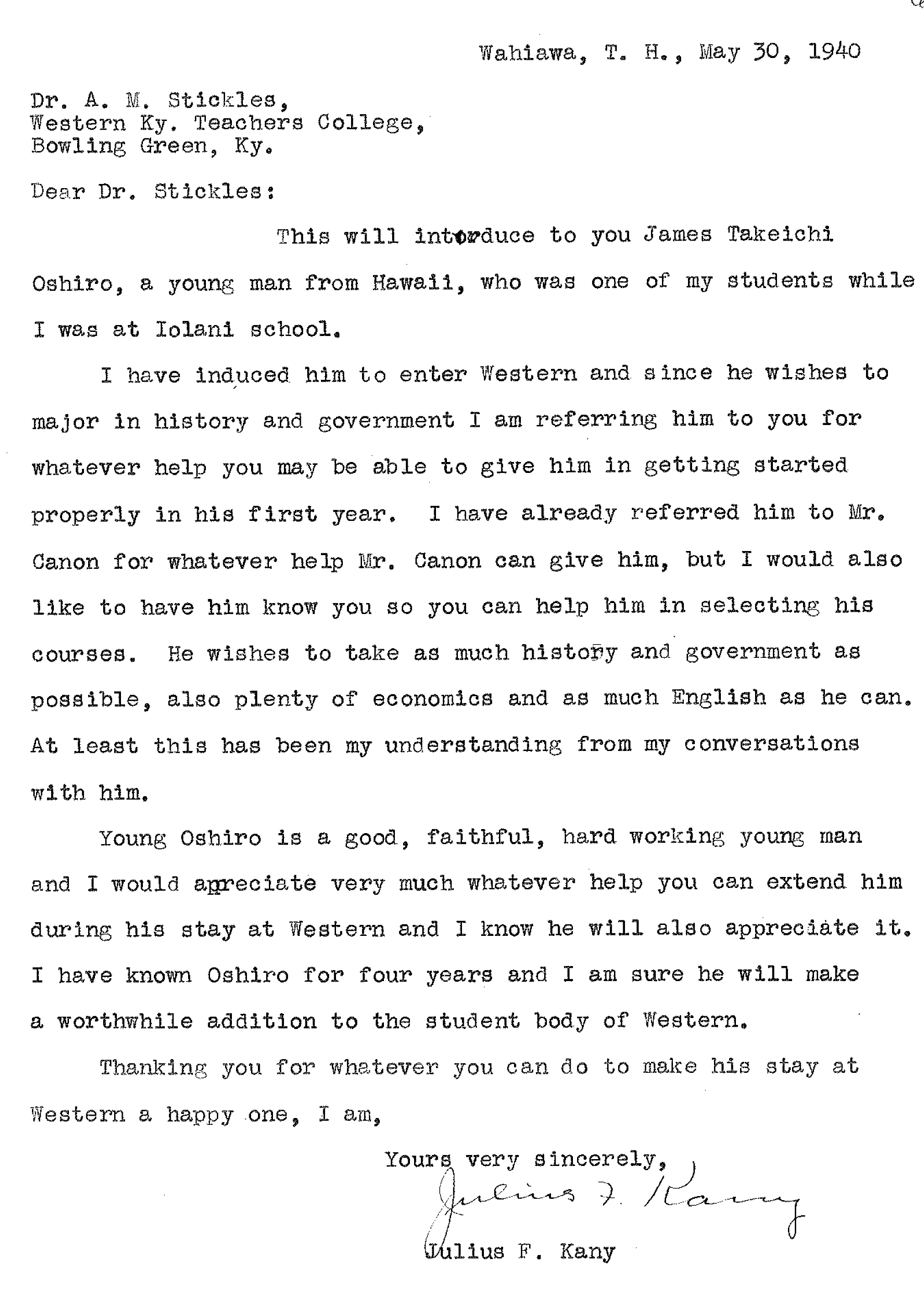Congrats to Library Professor Sean Kinder and author of Una Merkel: The Actress with Sassy Wit and Southern Charm Recently named Huffington Post’s Best Film Books of 2016 (Listed under the section “More biographies of Actresses)!
Monthly Archives: December 2016
Library Professor named in Huffington Post’s Best Film Books of 2016
Comments Off on Library Professor named in Huffington Post’s Best Film Books of 2016
Filed under Events, General, Latest News
2016 Margie Helm Awards
WKU Libraries celebrated the end of Fall 2016 with a holiday gathering at 440 Main.
Congratulations to the following Margie Helm Award winners:
2016 Faculty Award to: Nancy Richey
2016 Staff Award to: Kenneth Foushee
Student Awards to: Brendan Bird, Kelsea Perkins, Kole Feinauer, and Lein Vu
Team Award: The Alma Implementation Team: Project Manager Deana Groves, Eric Fisher, Uma Doraiswamy, Laura DeLancey, Dan Forrest, Jack Montgomery, Terry Perkins, and Nelda Sims
Team Award: The Helm-Cravens Display Committee: Katie King, Paula Bowles, Ryan Dowell, Debbie LaMastus, Jessica Simpson and Allison Sircy
Comments Off on 2016 Margie Helm Awards
Filed under Events, Flickr Photos, New Stuff, People
Pardon Me (Please!)
On December 10, 1861, the Confederate States of America officially recognized a group of secessionists calling themselves the Provisional Confederate Government of Kentucky. This “shadow” regime, however, never gained legitimacy in Frankfort; in fact, it chose Bowling Green, then under occupation by Confederate forces, as its capital. (A historical marker commemorating the designation stands on WKU’s campus).
The first governor of Confederate Kentucky was Scott County lawyer George W. Johnson. In need of someone to fill the position of Auditor, and because his first choice had declined, Johnson asked Josiah Pillsbury of Bowling Green to serve in a temporary capacity.
Pillsbury’s reward for doing this favor for his friend was to find himself, along with other officials of the Provisional Government, indicted for treason by a Warren County grand jury. In “claiming to be auditor in said pretended government,” read the indictment, Pillsbury had acted “in usurpation of the regular legitimate and constitutional government of the state” and cooperated with an army in “open rebellion” in order to wage war on the good citizens of the county.
Horrified, Pillsbury wrote a “my bad” letter, now in the collections of the Kentucky Historical Society, to Governor Thomas E. Bramlette. He had wanted no part of the Confederate government, he insisted, but accepted the Auditor’s position only to accommodate Johnson until a replacement could be found. Supporting Pillsbury’s request for clemency were prominent Bowling Green attorneys William V. Loving and Robert Rodes.
Governor Bramlette obliged, but the document filed with the Warren County court was not a full pardon. The constitution, Kentucky’s Secretary of State warned Pillsbury, only gave the Governor power to issue a temporary “respite”; the document Bramlette signed was, in fact, an edited version of a form used to extend the time for criminals “sentenced to be hung.”
The indictment of Josiah Pillsbury (who was eventually pardoned by President Lincoln) and other members of the Provisional Confederate Government of Kentucky, along with Bramlette’s respite, are part of the Manuscripts & Folklife Archives collections of WKU’s Department of Library Special Collections. Click here to access a finding aid. For more Civil War collections, click here or search TopSCHOLAR and KenCat.
Comments Off on Pardon Me (Please!)
Filed under Manuscripts & Folklife Archives
Japanese American Student at Western During WWII
Alumni often encourage others to attend their alma mater. In 1940, Julius Kany persuaded James Takeichi Oshiro to attend Western Kentucky State Teachers College in Bowling Green, Kentucky, even though it was far away from his home in Hawaii. James Oshiro enrolled at Western in September 1940, but this wasn’t just any time in history, and James Oshiro was distinctive among the student body at the time due to his Japanese ancestry. The attack on Pearl Harbor, Hawaii, by the Japanese on December 7, 1941, prompted the United States to enter World War II. The severity of the attack engendered fear and hatred for Japan, and, by extension, anyone who looked Japanese.
In the official history of WKU, Lowell Harrison described James Oshiro and his situation. “Born in Hawaii of Japanese parents, he lived in Japan for sixteen years before returning to Hawaii. Nine years later he was persuaded by a Western alumnus to go to the Hill. The short, slight, twenty-six-year-old student enrolled in September 1940 to major in history. His financial support from a brother-in-law in Honolulu was suddenly cut off after the Pearl Harbor attack, and no one could predict the reaction of Western students and Bowling Green townspeople. ‘It breaks my little heart even to think of this horrible war between two nations,’ James wrote President Garrett in late December; he would gladly fight for the United States, ‘and I am sure that God will forgive me having fought against my parents’ country.’” (2) Continue reading
Comments Off on Japanese American Student at Western During WWII
Filed under University Archives
“If Cuba Belonged to Us”
As U.S.-Cuba relations enter a new era, collections in the Manuscripts & Folklife Archives of WKU’s Department of Library Special Collections offer a look back at America’s fascination with the island in the days before Castro.
Writing to his parents in Kentucky in the mid-1850s, E. S. Baker told them of an offer he had received to supervise a sugar house in Cuba, where his prospective employer owned three farms. Americans, in fact, owned one-quarter of Cuban farms, Baker had learned, but “the Catholic and Spanish control restricts them too much.” Profits from cotton, corn and sugar would be fatter, he believed, “if Cuba belonged to us.” At the time, private armies of Americans known as “filibusterers” were complicating U.S. territorial designs on the island; Baker had been told of men secretly organizing in Kentucky, Arkansas and Texas to go there and “disperse over the farms” in support of their countrymen.
Forty years later, in 1893, Grace Beecher Goodhue of Massachusetts visited Cuba. As her ship arrived in Havana’s harbor at sunrise, she admired the “exquisitely delicate coloring of the plastered houses – Blue faded pink and the tiled roofs.” While others went to bullfights and masked balls, Grace and her mother explored the pawn shops, but found little to buy as “the English have been here . . . and have carried everything off in the shape of silver.” They managed to purchase some white linen for dresses, however, “much to the horror of the clerk who sold it to us” and who insisted that such cloth was for “nun’s dresses not for ladies.”
Another sixty years later, in 1952, journalist and Smiths Grove native Virginia Wood Davis made the excursion to Cuba by plane. Reporting on her visit for the Kingsport (Tenn.) Times-News, she described the scenery, industry, street life, and even burial customs of Matanzas, the island’s third-largest city. Fidel Castro’s Cuban Revolution had yet to grasp power, but signs of strife were on the horizon: in black paint on the sidewalk in front of a local college, Davis saw the words “Students: Communism is not for you. Do not listen to the Communists.”
Click on the links to access finding aids for these collections. For other collections relating to Cuba, including the Spanish-American War, search TopSCHOLAR and KenCat.
Comments Off on “If Cuba Belonged to Us”
Filed under Manuscripts & Folklife Archives




